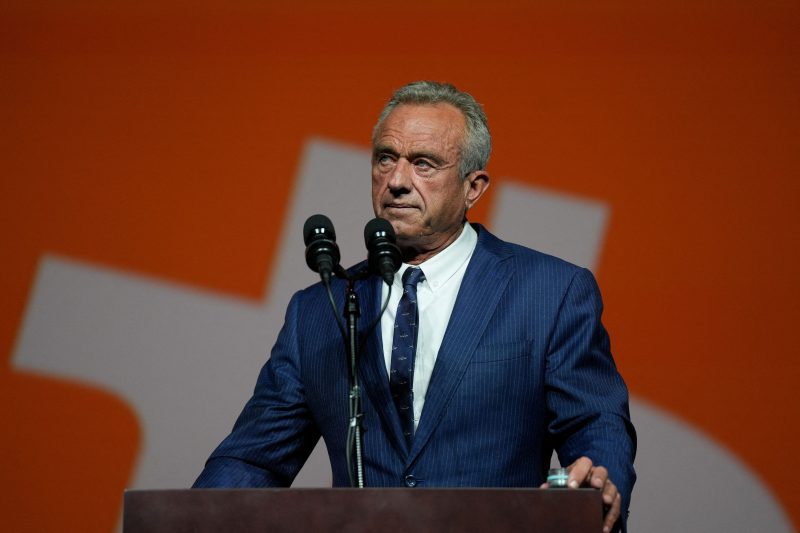The recent legal battle surrounding Robert F. Kennedy Jr.’s presence on North Carolina ballots has sparked substantial controversy and raised important questions about the democratic process. Kennedy’s initial struggle to secure a spot on the ballots was met with resistance and skepticism, forcing him to navigate complex legal hurdles in his bid for political participation. However, his subsequent decision to initiate a lawsuit to remove himself from the ballots has added a new layer of intrigue to the situation.
This turn of events has not only captured the attention of the public but has also highlighted the intricate nature of political campaigns and the legal frameworks that govern them. Kennedy’s swift reversal in seeking to withdraw his candidacy raises broader considerations about the dynamics of elections and the obligations of candidates to uphold their commitments once they have entered the race.
Moreover, the implications of Kennedy’s legal maneuvering extend beyond the immediate context of the North Carolina elections. By opting to sue for his removal from the ballots, Kennedy has inadvertently stirred debates about transparency, accountability, and integrity in the political sphere. Critics argue that his actions signify a lack of foresight and strategic planning on his part, calling into question his readiness for public office and ability to navigate the complexities of political campaigns.
Conversely, supporters of Kennedy view his decision to step back from the race as a commendable display of humility and self-awareness. They argue that his willingness to prioritize the integrity of the electoral process over his personal ambitions reflects a sense of responsibility and a commitment to ethical conduct in politics. In their view, Kennedy’s actions showcase a rare form of integrity that is often lacking in contemporary political discourse.
The legal battle surrounding Robert F. Kennedy Jr.’s candidacy in North Carolina serves as a poignant reminder of the intricate nature of political campaigns and the ethical dilemmas that candidates may face. As the case unfolds, it invites us to reflect on the values that underpin our democratic systems and the responsibilities that individuals bear when seeking public office. In the end, the outcome of this saga will not only shape the upcoming elections in North Carolina but also offer valuable insights into the evolving landscape of American politics and the moral considerations that shape our electoral choices.
